PRACTICE MAKES PERFECT . . . OR AT LEAST MUCH IMPROVED!
Last week our group of 15 learned more about the difference between “Joy” and “Happiness.” We also discussed the five (5) practices for nurturing happiness offered by Thich Nhat Hanh who said: “We often don’t appreciate what we have. Most of the time we just ignore it. . . If you’re able to read a book, to read and understand these words, you are already much luckier than many people.”
We prefer to use the word ‘blessed’ instead of ‘lucky.’ We certainly understand the nuances of learning English as a second language are always distinctive.
Remember when Oprah popularized the ‘Gratitude Journal” and people began writing down 10 things they were grateful for at the end of each day. One woman told me she stopped writing before the end of her first week because she couldn’t think of anything to write and she was just repeating the same list day after day. Sadly, that’s the way so many people live, unaware of all their blessings.
SUMMARY CHAPTER 5:
“FIVE PRACTICES FOR NURTURING HAPPINESS”
Do you desire to be happy and joyful? Are you willing to do these practices to cultivate happiness and joy in your personal life?
- That which you are so afraid of losing is that which you need to release. Let go/release your attachment to whatever/whoever you have been holding as your ‘sacred cow.’
- Nothing exists without its opposite. Rather than denying it, invite the seed of the opposite nature to come up. Notice what emerges, then water the positive seeds. “When compassion comes up, arrogance goes down.”
- “Bring your mind home to your body.” Breathe with awareness; that is mindfulness. Be mindful when you put the dishes in the dishwasher. Be mindful when you do the laundry. Be mindful when you blow the leaves. Be mindful when you prepare your meal. Be mindful when you eat. Be mindful when you attend to your bodily functions.
- To stay in the mindful present moment takes concentration. “When we have concentration, we have a lot of energy. . . so we can get in touch with the wonders of life . . .” You don’t have to strain or make a huge effort about it. Being easy and light allows happiness to arise.
- “Insight is seeing what is there.” Insight leads us to wisdom. We remember our past suffering, so we make a different choice, we do not repeat the same old patterns that block our joy.
QUESTION TO PONDER
Which practice is easy for you? Which one is the most challenging?

